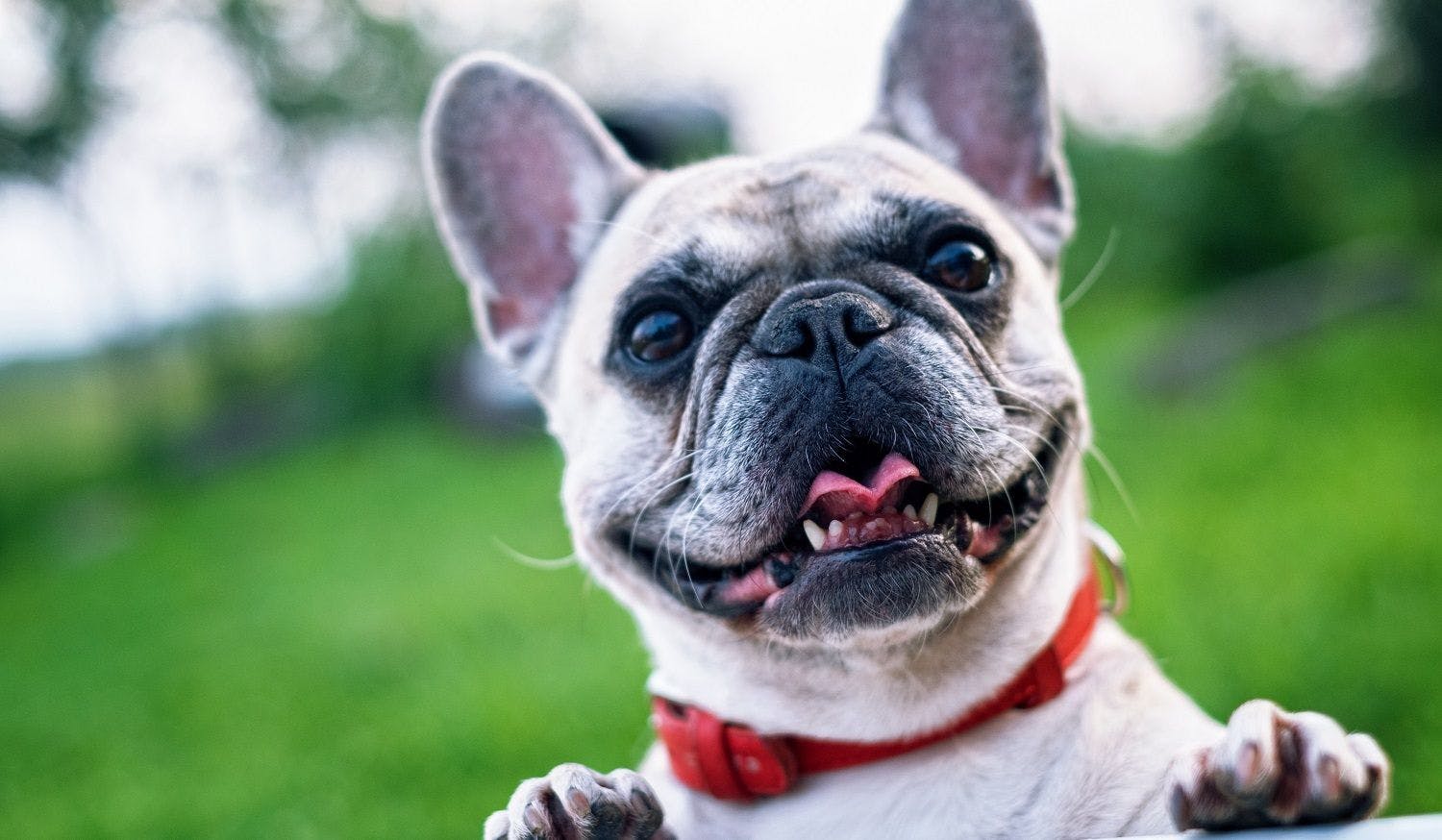Canine Coprophagia: Understanding and Addressing the Issue
Canine coprophagia is a behavior where a dog frequently ingests its own feces or that of other dogs. This is common in puppies and can continue as they grow or appear once they are adults. While it's quite unpleasant for us, it doesn't put their health at risk unless they have an illness and are reinfected. However, the ingestion of feces from other animals can transmit parasites or viruses, leading to health problems.
Understanding why coprophagia occurs in dogs is important to identify the causes and know how to act if it starts to occur recurrently. This behavior is not unique to dogs; it also occurs in other animals such as wolves, jackals, and foxes.
Types of Coprophagia
There are three types of coprophagia:
- Autocoprophagia: When they eat their own feces.
- Intraspecific Coprophagia: When they eat the feces of other animals of the same species.
- Interspecific Coprophagia: When they eat the feces of other animal species.
Reasons for Dogs Eating Poop
Several causes can lead our furry friends to eat feces. Here are the most common:
- Nutrients deficiency: Poor or diminished nutrition, or the consumption of food that lacks adequate quality or nutritional levels, leads to a lack of vitamins and other substances. The dog may seek out and compensate for this deficit in its droppings.
- Digestive problems: Pathologies such as intestinal malabsorption syndrome or exocrine pancreatic insufficiency usually occur in puppies and in dogs that have diarrhea or loose stools. They eat their feces again to digest the undigested nutrients completely.
- Stress and anxiety: This usually happens in animals under a lot of stress. This psychological disorder can affect them with these behavioral habits. Therefore, it's important to prevent them from stress and keep them calm.
- Diseases that increase appetite: Polyphagia (or an uncontrollable feeling of hunger) caused by medication or illness. Diabetes mellitus, hormonal changes, or corticosteroid treatment increase hunger and can lead to coprophagia.
- Curiosity: Dogs use their sense of smell and their mouths to learn about their surroundings, and some may find it necessary to discover the taste of the feces of other animals fed on a different diet.
- Boredom or craving attention: If the dog lacks attention, this is a way to get your attention, even if it's just to be scolded.
- Fear: If your dog has not yet learned to defecate outside the house, it can try to hide the evidence that it has done it at home so that you do not punish it.
- Instinct or to ensure cleanliness: A female dog that has just given birth to her puppies can eat the feces to maintain a clean space for her pups.
Treatment for Coprophagia in Dogs
Determining the specific cause and working to eradicate it would be the best way to address this behavior. However, if you are not sure which one is the cause, following these tips will help you overcome this behavior:
- Pick up the stool immediately: An easy way to prevent coprophagia is to immediately remove the poop and clean the area.
- Control your dog’s diet: Make sure it is eating the right amount of food and it is getting enough nutrients and vitamins.
- Spend more time with your dog: Dogs are very social and affectionate, so they will need you to pay attention and play with them.
- Use positive training: Educate them in a positive way, without punishment, to prevent them from being afraid and stressed every time they do something wrong.
- Use vinegar or citrus on the feces to prevent them from approaching: By incorporating an unpleasant smell, it will be easier for them not to snoop around.
For more information, talk to one of our Pet Experts and get customized advice by submitting a request in our Mavyn website.
